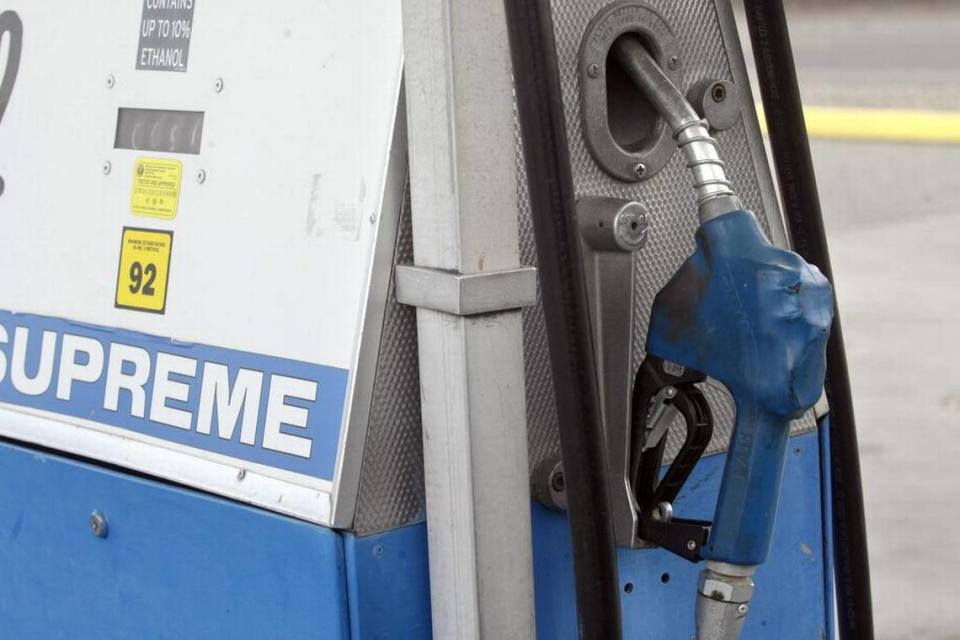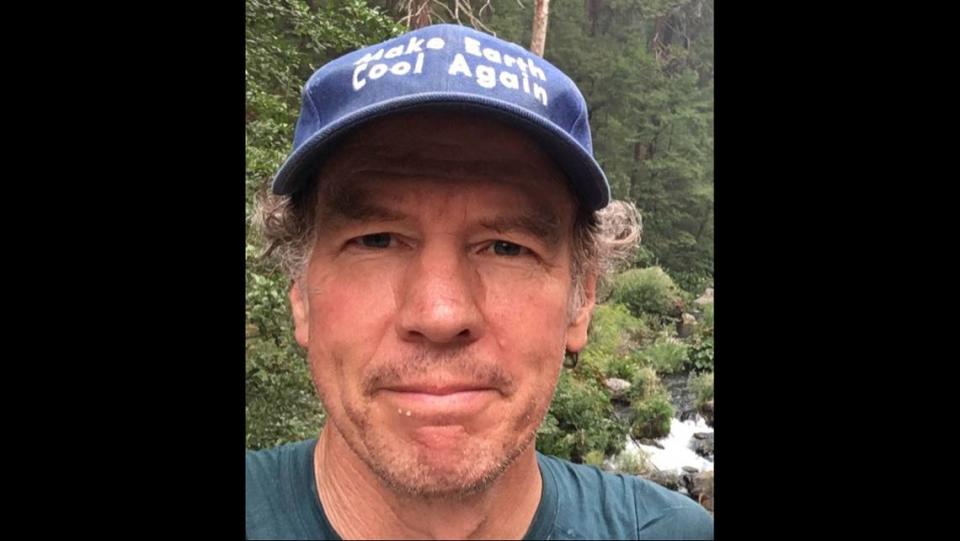Climate Commitment Act is in danger. This idea will save motorists and cut carbon | Opinion
On Nov. 21, more than 400,000 signatures were submitted for the Prohibit Carbon Tax Credit Trading Initiative (I-2117), a Washington State Initiative that, if passed by voters next November, would effectively repeal the Climate Commitment Act (CCA).
While some people would cheer the demise of the CCA, it is the primary policy driver in the state’s reduction of carbon emissions, and 68% of Washington residents think fossil fuel companies should pay a carbon tax.
The CCA requires fossil fuel companies to purchase a decreasing number of carbon allowances and uses the proceeds from those sales to fund actions that will reduce carbon emissions or remove carbon from the atmosphere. It’s the foundation of the state’s contribution to the prevention of global warming. Without it, Washington residents cannot ask other states or countries to also reduce carbon emissions.
One analysis had suggested the CCA wouldn’t increase fuel prices much, as more people choose electric vehicles and heating systems, reducing the demand for carbon allowances.
But a comparison of fuel prices in Washington and Oregon tells a different story: gas prices in Washington have been 35-50 cents per gallon higher than in Oregon ever since the carbon allowance auctions began in February. The price that fossil fuel companies bid for allowances has been three times higher than expected, and fossil fuel companies are passing that cost to their customers.
Some have argued that fossil fuel companies are using the CCA auction as an excuse to jack up fuel prices. But the fact is they’ve paid $52 per metric ton of carbon dioxide for the allowances, which translates to about 50 cents per gallon of fuel. That’s consistent with the difference in fuel prices between Oregon and Washington.
Unless fuel demand decreases at least as fast as the legislated decrease in the number of CCA allowances, we can expect the CCA to continue to drive up fuel costs. That should motivate motorists to choose electric for their next vehicle purchase (thereby reducing demand). That’s how such market-based policies work.
But, of course, many people are unable to purchase an electric vehicle, or reduce the miles they drive, at least for now.
The anxiety associated with that dilemma has led to I-2117.
The CCA is not the climate policy that I would have chosen. I prefer a national carbon pricing policy that returns all of the net revenue to the people, in equal shares. Such “carbon dividends” would protect consumers from the increasing cost of motor fuel, giving them resources to purchase vehicles that use less fuel or none at all.
But the CCA is the state policy that we have. Without it, we lose both the price signal that will drive the replacement of fossil fuels with carbon-free energy, and the support for other emissions reduction or carbon removal projects that can also mitigate climate change.
To give motorists relief, state Reps. April Connors and Mary Dye have introduced the Carbon Auction Rebate bill (House Bill 2040), which will give all owners of vehicles registered in the state a rebate drawn from the revenue that the CCA auctions have raised beyond what was expected. The one-time rebate, estimated to be $180 per vehicle (up to $360 per family), is independent of how much fuel they use, so they’ll still have an incentive to reduce fuel use. It will mean more to low-income drivers. If the CCA survives I-2117, another CAR Act would extend the relief to future years.
I and my fellow Citizens Climate Lobby volunteers support such relief because it protects most people without reducing the CCA carbon emissions targets. Relief is essential to defeat I-2117, and thereby continue with effective state action on climate change. The CAR bill won’t protect those who don’t own vehicles but nonetheless will pay more for goods transported via fossil fuel. But it is a simple first step that will relieve most state residents.
Retired climate scientist Steve Ghan leads the Tri-Cities Washington Chapter of Citizens Climate Lobby, builds homes for Habitat for Humanity, leads crews that remove logs from the Pacific Crest Trail, and serves as Treasurer for the Three Rivers Folklife Society.


